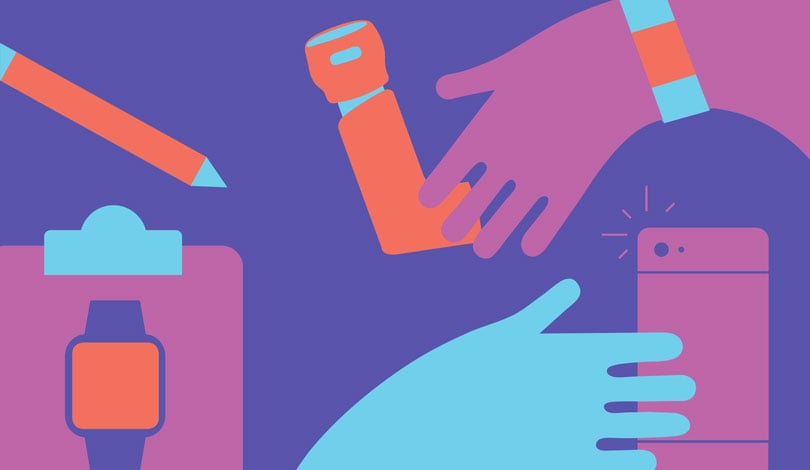
Improving access to equal, just, and quality health systems
Learn more about how Reos Partners designs and facilitates innovative, adaptive strategies that enable multi-stakeholder groups to enhance the equity and efficiency of health systems around the world.
The quality and equity of our health systems impact individual health outcomes and the wider society’s economic development, social stability, and cohesion.
Our approaches address the root causes of health disparities and inequities, embrace complexity and emotions, create space for diverse voices and perspectives, and transform the conditions generating a problematic situation.
By doing this, we support the development of collaborative and innovative solutions with the power to drive systemic change in health systems.
Discover how we work with changemakers worldwide to create equitable and efficient health systems for all individuals, regardless of their economic or social status, race, or gender.
Examples of our health work
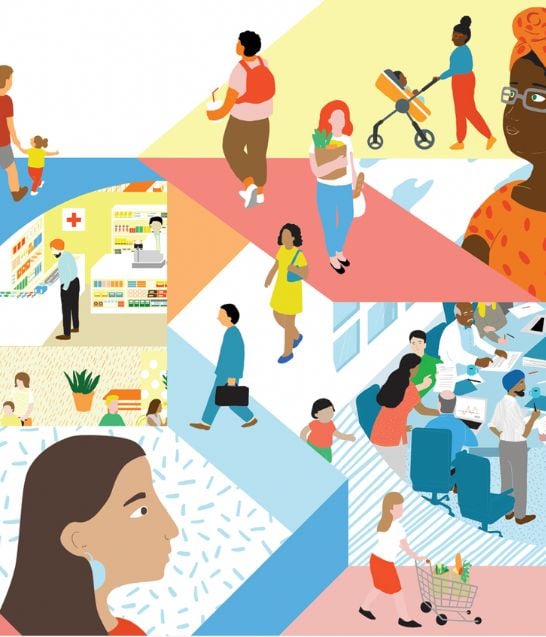
Health system scenarios: possible futures for health and health equity in the US
Challenge: Health and health equity are critical challenges in the United States, demanding urgent attention and innovative solutions. The nation faces multifaceted issues such as rising healthcare costs, inequitable access to quality care, and disparities in health outcomes across different populations. Addressing these challenges requires a comprehensive understanding of the underlying causes and systemic factors perpetuating health inequities.
Partnership: Using the transformative scenarios approach, Reos Partners supported the Robert Wood Johnson Foundation in convening a multi-stakeholder team of system leaders to examine the systems and relationships that produce individual and community health and illness. The purpose was to catalyse open and reflective strategic thinking and conversation about the possible futures of health and health equity and the opportunities, risks, and choices these futures present.
Transformation: Three possible future scenarios for how the health system could change through 2030 were created, along with a Conversation Guide for Health Equity – a tool that anyone can use to convene, host, and facilitate a conversation with members of their community on how to collaborate and act to achieve health equity.
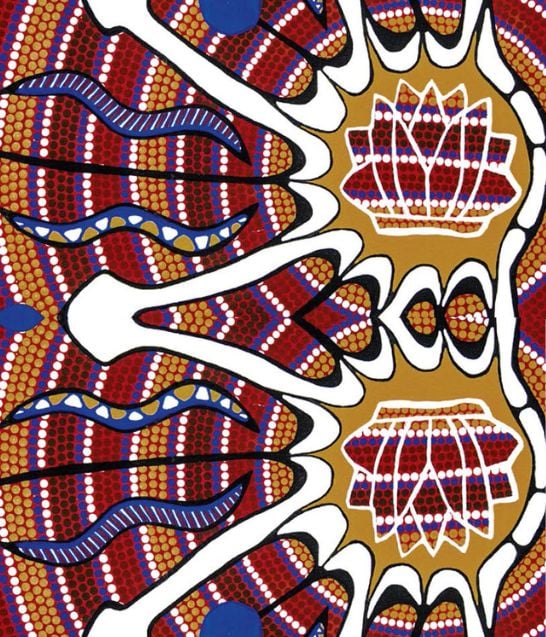
Aboriginal health lab: healing a multigenerational health crisis in Australia
Challenge: Despite the expansive health infrastructure in New South Wales, including more than AU$3 billion going into the Aboriginal health system annually, the health of the state’s Aboriginal peoples is in crisis. Diabetes, obesity, addiction, lung cancer, illicit drug use, maternal health issues, and infant mortality are all disproportionally prevalent. The average life expectancy is 10 years less than for white Australians.
Partnership: Reos Partners was approached by the Centre for Aboriginal Health, the Ministry of Health and the Aboriginal Health & Medical Research Council (AH&MRC) of the State of New South Wales, Australia, to help develop a strategic plan for their next 10 years of work on Aboriginal health. Their attempts to address the issues had failed for many years, and they were ready to try something new; a social lab.
Transformation: Given the entrenched, multigenerational nature of the issues, any movement on consciousness and attitudes is real progress. Reos synthesised the social lab work into “7 Building Blocks of the Future”– key strategic elements that address leverage points in the system. These elements make up the core of a 10-year strategy that includes Aboriginal voices and encompasses leadership, governance, and accountability.
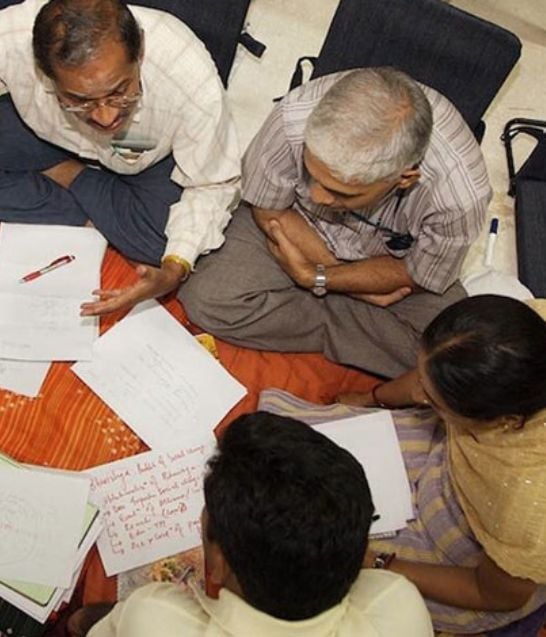
Bhavishya Alliance: co-creating and scaling solutions to childhood malnutrition in India
Challenge: India experiences extraordinarily high rates of child malnutrition. Early to moderate malnutrition has few visible signs. Undernourished children, particularly those under age 6, may appear healthy. In addition, malnutrition has no single cause; it results from social, economic, and political factors.
Partnership: The Bhavishya Alliance, which ran from 2006 to 2012, was a government-business-NGO social lab aimed at co-creating solutions to India’s extraordinarily high level of child malnutrition. From 2003 to 2006, Reos Partners, with the Synergos Institute, Unilever, and UNICEF, co-convened a group of government, business, and civil society organisations to engage with this issue in a new way. The group grew to more than 30 organisations.
Transformation: Bhavishya created a long-term multi-stakeholder partnership among key government agencies, leading business organisations, and civil society organisations working on child malnutrition. And it left a legacy of pioneering initiatives capable of scale-up in their current form and replication in new sites.
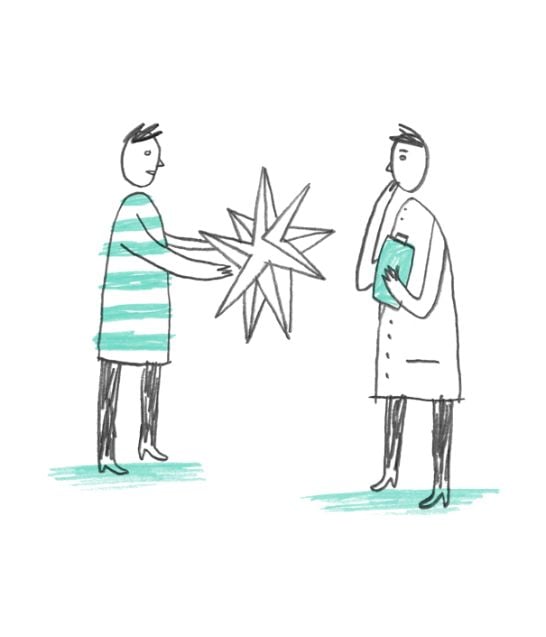
Flip the Clinic: improving US healthcare through patient-practitioner collaboration
Challenge: Flip the Clinic seeks to improve medical visits in the United States through a community-driven reimagining of health and healthcare. This social lab aimed to develop powerful, healthcare-shifting ideas that work within a broken system.
Partnership: The project is a partnership between the Robert Wood Johnson Foundation, Reos Partners, and Volume Inc. Flip the Clinic is unique in that it focuses on the relational aspects of health, not the transactional and has a human-centred outlook. The project encourages people to pitch and experiment, open up to new ideas and different perspectives, and challenge themselves to think about healthcare problems more deeply and solutions more freely than before.
Transformation: Using the social labs approach, participants have taken Flip the Clinic’s techniques and applied them in the clinic, at home, or in the workplace. The project has been able to codify what works, establish what principles and processes are essential in a Flipped Clinic, and how to build relationships that sustain more effective clinics, leading to happier patients and clinicians and advancing a broader culture of health.

